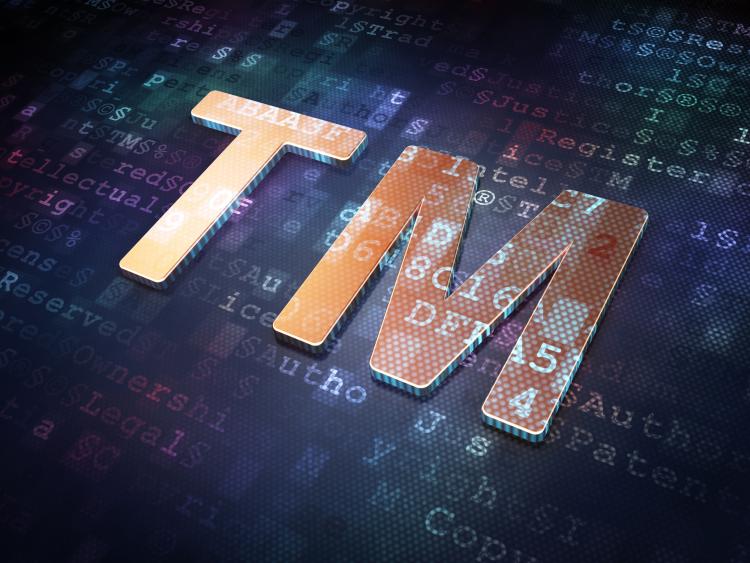
The recent imposition of tariffs by the United States may assist anti-counterfeiting efforts, both in the United States and Canada.
The imposition of tariffs themselves will likely only have a minor effect on the flow of counterfeit goods, as counterfeiters have not been known to play by the rules and are not likely to accurately describe the origin and value of the goods that they sell. In many cases, since the goods are produced at low cost, the counterfeiters can either absorb any tariffs payable or even pay the tariffs and still sell their products below the cost of genuine articles.
The bigger effect on counterfeit goods will come from the lifting of the so-called de minimis exemption. In its simplest terms, many countries set floors for the declared value of goods below which duties do not have to be paid and fewer customs formalities observed. These thresholds are set in order to not burden the customs branch with inspecting a large volume of items which would only generate minimal revenues in duties payable. For consumers of low-value items, the cost of the duty is often exceeded by the cost of employing a customs broker to process the paperwork. The existence of the de minimis threshold has allowed e-commerce sites to sell a large volume of low-cost items and ship them directly to consumers in the United States and elsewhere.
In the case of the United States, the de minimis limit was $800 USD. With the elimination of this threshold, it can be expected that all imports of packages will have to declare a value and a larger volume will be subject to inspection for verification that the customs declaration is accurate. A greater volume of inspection is likely to yield a larger discovery of counterfeit goods.
In anticipation of a greater degree of scrutiny from United States Customs and Border Protection of incoming parcels, in the short term at least, it is reasonable to expect that counterfeiters will look to send their products to and through jurisdictions which either do not impose tariffs on imports from their jurisdictions or still maintain de minimis thresholds.
Whatever one’s views are on the merits of tariffs, the elimination of de minimis thresholds in support of such tariffs should lead to a decrease in the import of counterfeit products and greater scrutiny of imported low-value products, which in turn should be a net positive for anti-counterfeiting efforts.
Summary By: Gary Daniel
E-TIPS® ISSUE
Disclaimer: This Newsletter is intended to provide readers with general information on legal developments in the areas of e-commerce, information technology and intellectual property. It is not intended to be a complete statement of the law, nor is it intended to provide legal advice. No person should act or rely upon the information contained in this newsletter without seeking legal advice.
E-TIPS is a registered trade-mark of Deeth Williams Wall LLP.
